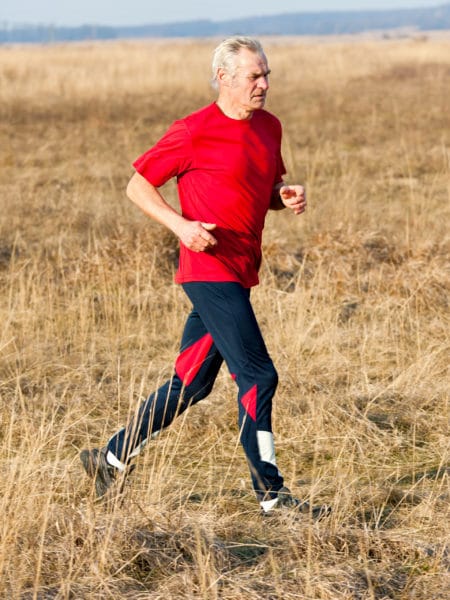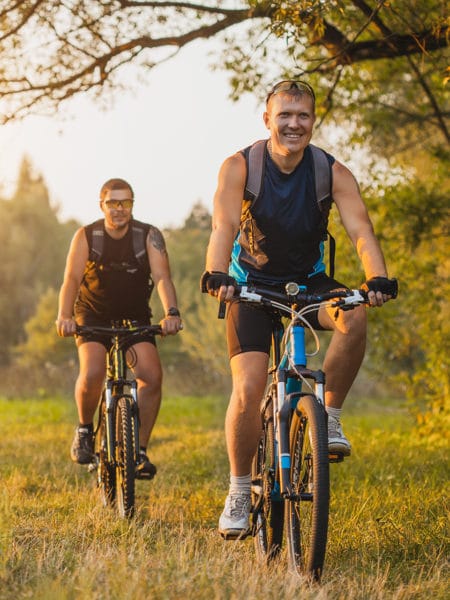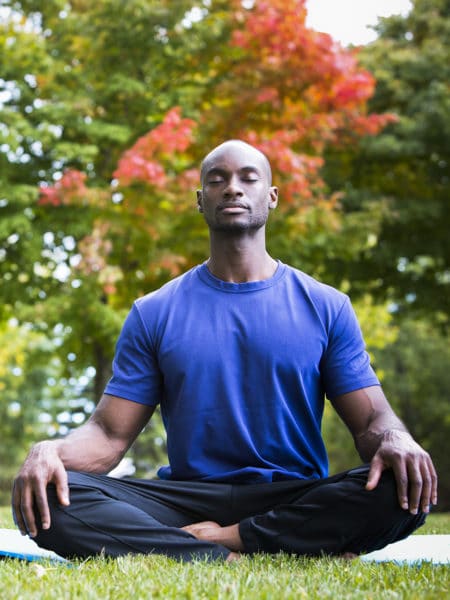Before entering treatment, the lives of many residents were likely ruled by their mental health symptoms. Constant feelings of sadness, emptiness or worry can make it hard to get out of bed, let alone be social or participate in any hobbies or activities. Although often overlooked, learning how to have fun again and reconnect with others is an important part of the healing process. Recreational therapy and community integration provide numerous benefits for those in recovery, helping them to get involved in the rehabilitation process, develop healthy habits and form strong relationships built on hope and joy.
At Alta Loma, we recognize the importance of recreation and community in recovery. We provide residents with plenty of opportunities to get up, get out and have fun on a daily basis to promote greater physical, psychological and emotional health. Recreational activities are an effective, complementary treatment that can help residents regain their self-esteem, improve social skills and build confidence in their ability to live a life of recovery.

Alta Loma’s Recreational Therapy and Community Integration Program
Recreational Therapy at Alta Loma
Recreational outings are an important part of the Alta Loma continuum of care, helping residents use leisure in beneficial ways to enhance their overall health, well-being and independence. Many who have struggled with mental illness or addiction may not feel comfortable in social situations or know what their interests are anymore. We have found that encouraging residents to have fun and explore new outlets for stress can help them reconnect with themselves and others, enhancing the recovery process in a meaningful way.
Throughout our program, residents have plenty of opportunities to explore their interests and participate in social and leisure activities. With at least two structured outings each week, our goal is to let residents spend time doing something they enjoy while opening them up to new possibilities. Recreational activities in the past have included things like:
- Hiking
- Bowling
- Biking
- Sporting events
- Laser tag
- Coffee
- Bookstores
- Disc golf
Participation in these activities can help residents discover new hobbies and interests or reignite the passions they once had before mental illness or addiction took hold. The group aspect of the recreational therapy we offer also increases social interaction, encouraging open communication and effective problem solving among peers.
How Does Recreational Therapy Help?
Mental illness and substance abuse can deplete the brain of dopamine, the pleasure chemical that’s released in response to rewarding or engaging activities. This can lead to symptoms like a decreased mood and make it difficult to find the joy in life. Recreational therapy is a healthy, natural way to stimulate the production of dopamine and other feel-good hormones, promoting a positive change in the brain that is highly therapeutic when combined with other mental health treatments. By engaging in leisure activities, residents can enjoy a higher degree of wellness and repair the neural pathways that may have been affected by mental illness or addiction, healing both the body and the mind. Recreational therapy also works in other ways to provide residents with numerous health benefits, such as:
- Improved social skills
- Rebuilding confidence and self-esteem
- Symptom management
- Promoting healthy habits
- Encouraging regular exercise
- Discover new hobbies
- Learn how to have sober fun
- Team building and cooperation with peers
- Improved emotional, mental and physical health
- Reduced stress and isolation
- Minimizes boredom
Studies are finding that the benefits of recreational therapy can improve treatment outcomes and help residents maintain a healthy lifestyle both during and after recovery. These activities not only help residents relearn what it means to have fun; they are also instrumental in connecting recovery-oriented groups of individuals for support and friendship.


Community Integration
Mental illness and addiction can have a powerful, isolating effect that makes it difficult to form new connections. When an individual is overwhelmed by mental health symptoms, they often become distanced from their friends, family and loved ones. To provide the proper treatment plan a community integration questionnaire is necessary. Community integration at Alta Loma is a way to increase social interaction in a supportive environment and encourage group bonding among peers. This promotes open communication that makes it easier for residents to express their feelings, thoughts or interests and build a strong support network. This will prevent social isolation and depression. As they transition to more independent living, we facilitate even deeper community integration in a variety of ways.
EMPLOYMENT AND VOLUNTEER OPPORTUNITIES
As residents move through our continuum of care, they will be encouraged to seek out new volunteer and employment opportunities. Alta Loma staff will help with interviews and organize transportation for residents. Alta Loma also provides access to higher education options and facilitates transportation to and from school.
RECOVERY-ORIENTED TRANSITIONAL HOUSING
The Alta Loma continuum of care includes extended care and transitional living options for residents ready to reintegrate back into society. As the least restrictive level of care we offer, residents will be provided with a stable, recovery-oriented living environment where they can practice the skills and coping techniques they have learned in primary treatment at the Ranch. Residents will support and mentor each other, be encouraged to pursue employment and continue to attend offsite groups and meetings.
SUPPORT GROUPS
Throughout the treatment process, residents will participate in support groups to discuss their experiences and concerns. Residents will attend regular meetings, engage in community groups and more. We also offer 12-step support and nutritional and psychiatric-focused groups to discuss a variety of issues unique to dual diagnosis residents.
FAMILY, FRIENDS AND PEER SUPPORT
Although we focus our care on the individual resident, we recognize that one’s support system deeply influences their recovery. At Alta Loma, the best mental health treatment facility, we encourage family and community involvement and strive to help our residents build their support network as they prepare to transition back to independent living.
At Alta Loma, we find that participation in recreational and social activities helps residents integrate into the community and contributes to the formation of supportive, healthy relationships. These relationships often become a source of strength and guidance for residents as they progress toward healthy, independent living. Community integration, new activities and support groups help residents re-engage with the world and provide a strong foundation on which to build a life of recovery.